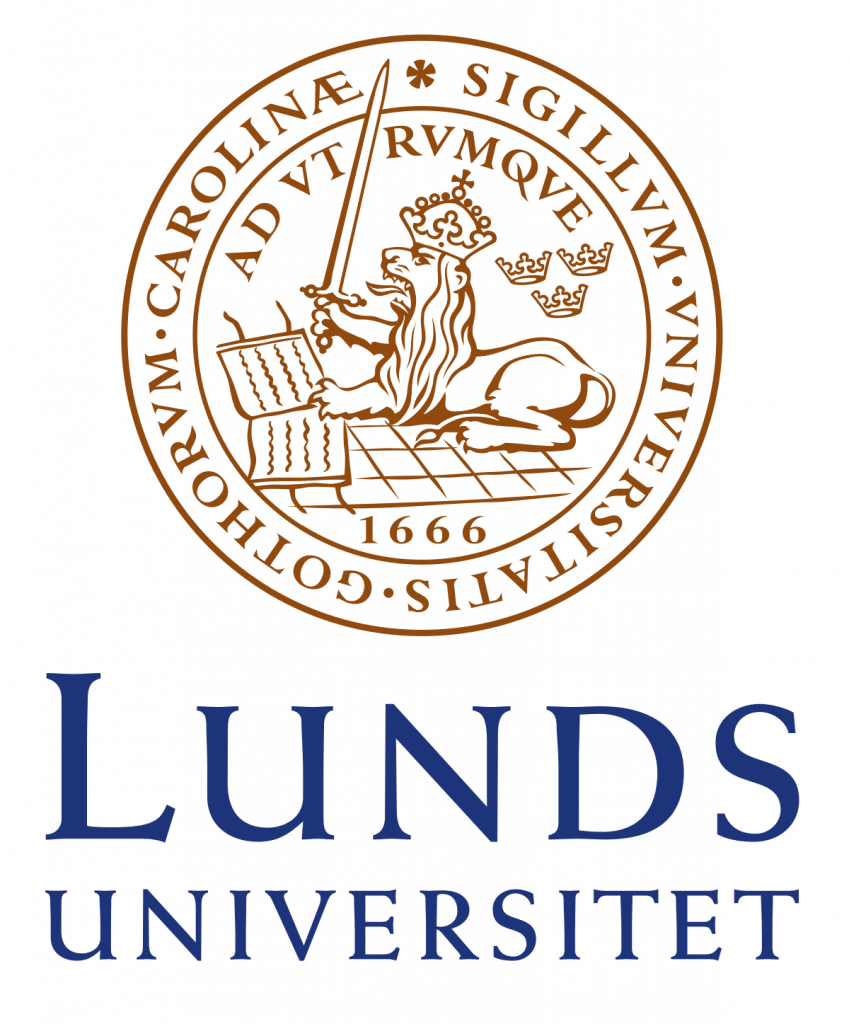
Tag Archives: IT
Guest lecture at Lund University – the transformative role of AI and machine learning in drug discovery
The guest lecture at Lund University focused on the transformative role of AI and machine learning in drug discovery, with a particular emphasis on the AlphaFold model. The lecture began by discussing the importance of AI and machine learning in the drug discovery and development process, highlighting how these technologies are revolutionizing the field by enabling more efficient and accurate predictions of molecular structures and interactions.
AlphaFold, an advanced AI model developed by DeepMind. The model’s capabilities were demonstrated, showing how AlphaFold has dramatically improved the accuracy of protein structure predictions, which is crucial for understanding biological processes and developing new drugs. The impact of AlphaFold on accelerating drug discovery was emphasized, as it provides high-quality structural data that can be used to identify potential drug targets and design effective therapies.
The broader implications of AI and machine learning in the pharmaceutical industry were also discussed, including their potential to reduce the time and cost associated with drug development. Examples of successful AI-driven projects were shared, encouraging students to explore the possibilities of these technologies in their future careers.
Overall, the lecture provided valuable insights into the cutting-edge applications of AI and machine learning in drug discovery, inspiring the next generation of researchers and professionals in the field.

Leading an IT organization
Leading an IT organization involves a multifaceted approach that encompasses strategic planning, fostering a collaborative environment, and ensuring operational excellence. Some key aspects to drive:
Strategic Vision and Planning: Contributing to the strategic pillar of making IT a great place to work by creating a sense of belonging and community for all IT employees. Attracting talent globally and locally, promoting career progression, and highlighting why IT is a great place to work.
Collaboration and Engagement: Actively engaging with various stakeholders, internally and externally, to foster collaboration and innovation. Working with external consultants to understand the organisation and its complexities, setting up workshops and discussions to capture feedback and ideas.
Operational Excellence: Ensuring that the IT organization operates efficiently by implementing best practices and maintaining a unified view of IT. Including the set up of governance structures, connecting networks, and managing engagement activities.
Feedback and Continuous Improvement: A strong emphasis on capturing and acting on feedback from employees. This involves organizing events and communications to address the backlog of ideas and suggestions, and taking actions to improve the work environment and processes.
Sustainability and Innovation: Involving in and driving initiatives that promote sustainability and innovation within the IT organization. This includes exploring new technologies, optimizing energy consumption, and ensuring compliance with regulatory standards.
Leadership and Mentorship: As a leader, provide guidance and support to your team, helping them grow and succeed in their roles. Drive external branding and engagements, ensuring that the IT organization is recognized as a great place to work.
Leadership in the IT organization is characterized by a strategic vision, collaborative approach, and commitment to operational excellence and continuous improvement.
Insights into CHALMERS IT Program Board – whats the future of tech and digital!
As a member of the CHALMERS IT Program Board, I have gained valuable insights into the future of technology and digital advancements. The board, which includes representatives from various industries such as automotive, finance, and mobile, as well as professors and IT subject matter experts, meets twice a year to provide input on the program for students, PhD students, and post-docs in IT.
One of the key focuses of the board is to ensure that the IT program at Chalmers University of Technology remains at the forefront of technological innovation. This involves integrating cutting-edge technologies such as AI, big data, and machine learning into the curriculum, as well as fostering collaboration between academia and industry.
The future of tech and digital is incredibly promising, with advancements in areas such as quantum computing, digital health, and smart cities. The board is committed to preparing students for these emerging fields by providing them with the necessary skills and knowledge to thrive in a rapidly evolving digital landscape.
In addition to curriculum development, the board also emphasizes the importance of industry partnerships. By connecting students with leading companies and organizations, we aim to create a pipeline of talent that can drive innovation and address complex challenges in various sectors.
Overall, the CHALMERS IT Program Board is dedicated to shaping the future of technology and digital by fostering a collaborative and forward-thinking environment. Through our efforts, we hope to equip the next generation of IT professionals with the tools they need to succeed and make a meaningful impact in the world.
